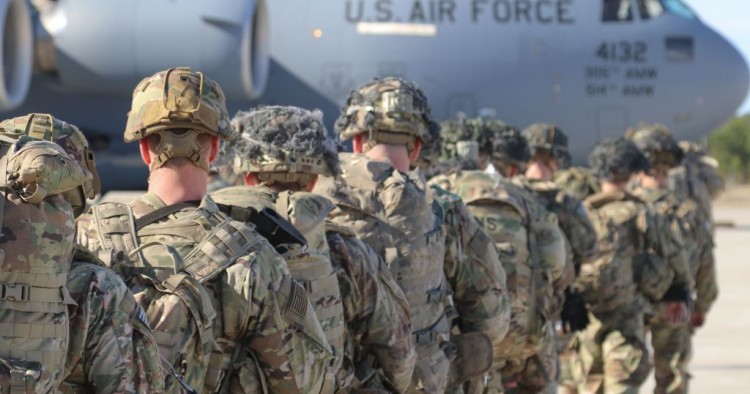Qassem Soleimani was a bad actor with significant American blood on his hands. As our former Special Envoy for Combatting ISIS, Brett McGurk, observed, there is a deserving measure of justice here. He had his fingerprints on virtually every nefarious activity that Iran was involved with. In my estimation, he was a driver of instability in the region. Additionally, if he was indeed plotting against our people or interests (and I trust our IC professionals and their assessments), then we have an obligation to protect ourselves.
The region, if possible, has just become more complicated. There are unknown consequences for force protection, partnerships, regional security, and both our strategy against Iran (the “maximum pressure” campaign) and the National Defense Strategy, which prioritizes our competitive advantage against Great Powers. After a career in the military with a lot of time spent in this region, I have learned that you must respect your adversaries and their ability to hurt us. Iran has sophisticated capabilities and multiple ways that they can respond to this strike. We will have to maintain high vigilance and readiness to protect ourselves and our interests. Going forward, it is important to explain our actions, clarify our strategy, re-affirm our national interests, and take action to sustain our important relationships in the region.
General (ret.) Joseph Votel is a distinguished senior fellow on national security at MEI.
Photo by CAPT. ROBYN HAAKE/US ARMY/AFP via Getty Images
The Middle East Institute (MEI) is an independent, non-partisan, non-for-profit, educational organization. It does not engage in advocacy and its scholars’ opinions are their own. MEI welcomes financial donations, but retains sole editorial control over its work and its publications reflect only the authors’ views. For a listing of MEI donors, please click here.













